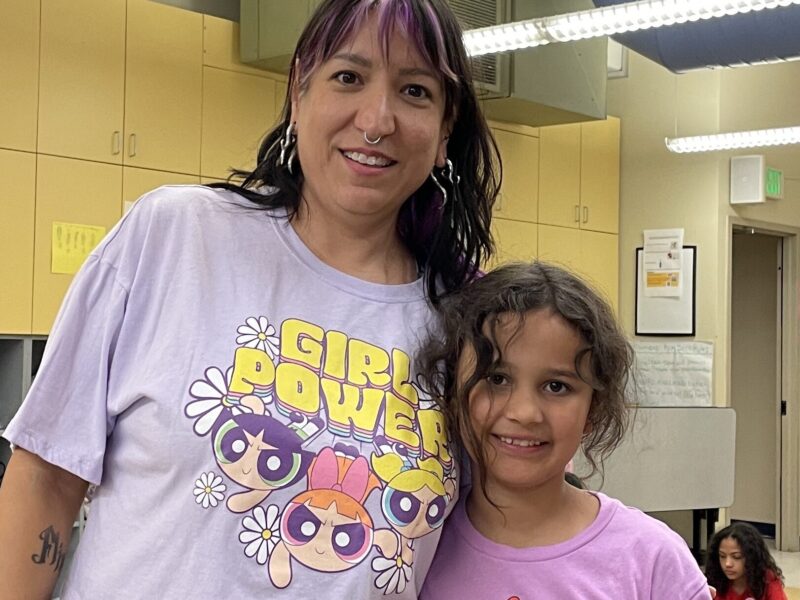Brave Spaces, Bright Minds: How Girls Inc. of Metro Denver is Nurturing Teen Mental Health in a Digital Age
According to the Pew Research Center, nearly half of teens (48%) ages 13–17 say that social media has a negative impact on people their age. The Centers for Disease Control and Prevention (CDC) also reports that teen mental health has significantly declined over the past decade.
At Girls Inc. of Metro Denver, we’re committed to helping girls navigate the complexity of the digital world. We equip them with tools to analyze the risks and benefits of social media, develop a healthy body image, and build positive, in-person connections. One way we support this is by creating spaces where girls feel brave to talk, explore, and learn, together.
Last year, Girls Inc. of Metro Denver hired its first full-time, mental health counselor, who plays a vital role in supporting girls’ emotional well-being year-round by providing individual and group counseling. This summer, our mental health team will lead ‘Mental Health Monday’ classes for girls in 2nd through 5th grade, where participants will explore topics such as emotional regulation, self-awareness, and building healthy relationships.
Girls Inc. is also partnering with the Eating Disorder Foundation to provide psychoeducation for our middle schoolers, focused on promoting healthy body image and strengthening self-esteem.
Additionally, Girls Inc. of Metro Denver’s integrates critical interpersonal skill building and lessons into all its curriculum, including topics such as self-awareness, emotional intelligence, conflict resolution, and more.
Here are a few practical ways caregivers and mentors can support healthy tech habits:
- Encourage in-person connection: Help teens carve out time for real-world friendships, family meals, and face-to-face conversations.
- Promote offline interests: Support participation in extracurriculars, sports, or creative hobbies that don’t involve screens.
- Create no-phone zones: Designate areas like the dinner table or bedrooms as screen-free to encourage mindfulness and rest.
- Set time limits: Use built-in screen time controls or app timers to help teens self-monitor their usage.
- Teach privacy skills: Show them how to manage privacy settings, protect their personal info, and make thoughtful choices about what they share.
- Talk about cyberbullying: Have open conversations about what it is, how to spot it, and how to safely report or address it.
Together, we can help young people build resilience, confidence, and connection—both online and off.
Additional Resources:
- Common Sense Media – Expert reviews and guidance on age-appropriate tech and media use.
- Teens and Social Media Toolkit – AAP – American Academy of Pediatrics guidance on healthy screen use.
- Mental Health Colorado – Local resources and advocacy information for families in Colorado.
- National Alliance on Mental Illness (NAMI) Colorado – Education, advocacy, and support groups for families and individuals.
- Nobody’s Perfect Community – a resource hub and podcast for youth, parents, caregivers, educators, and providers of mental health and wellness.


